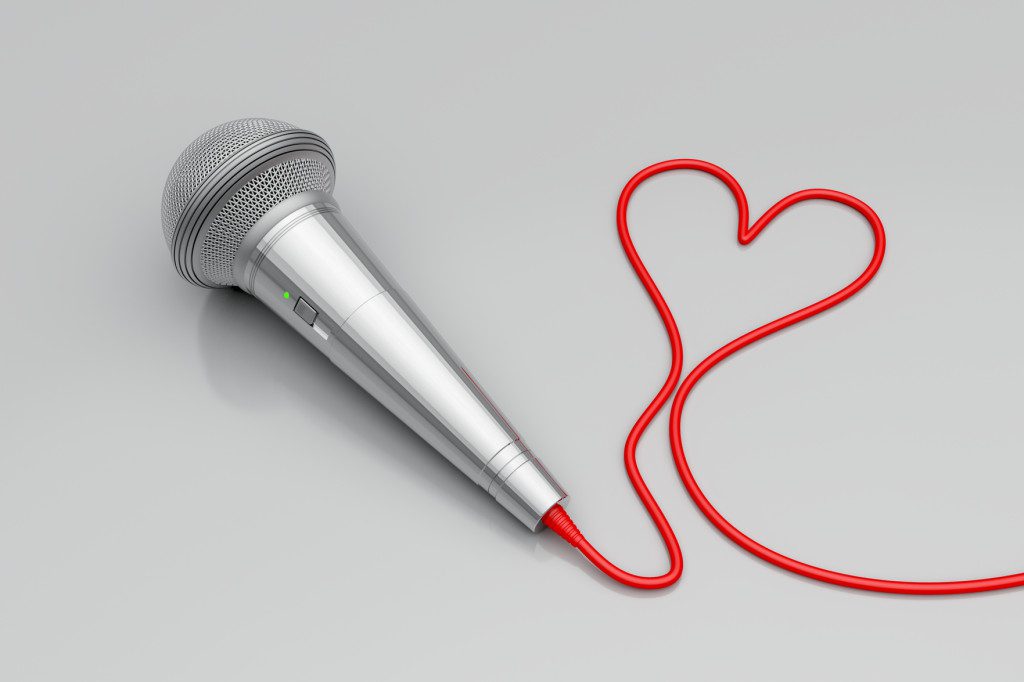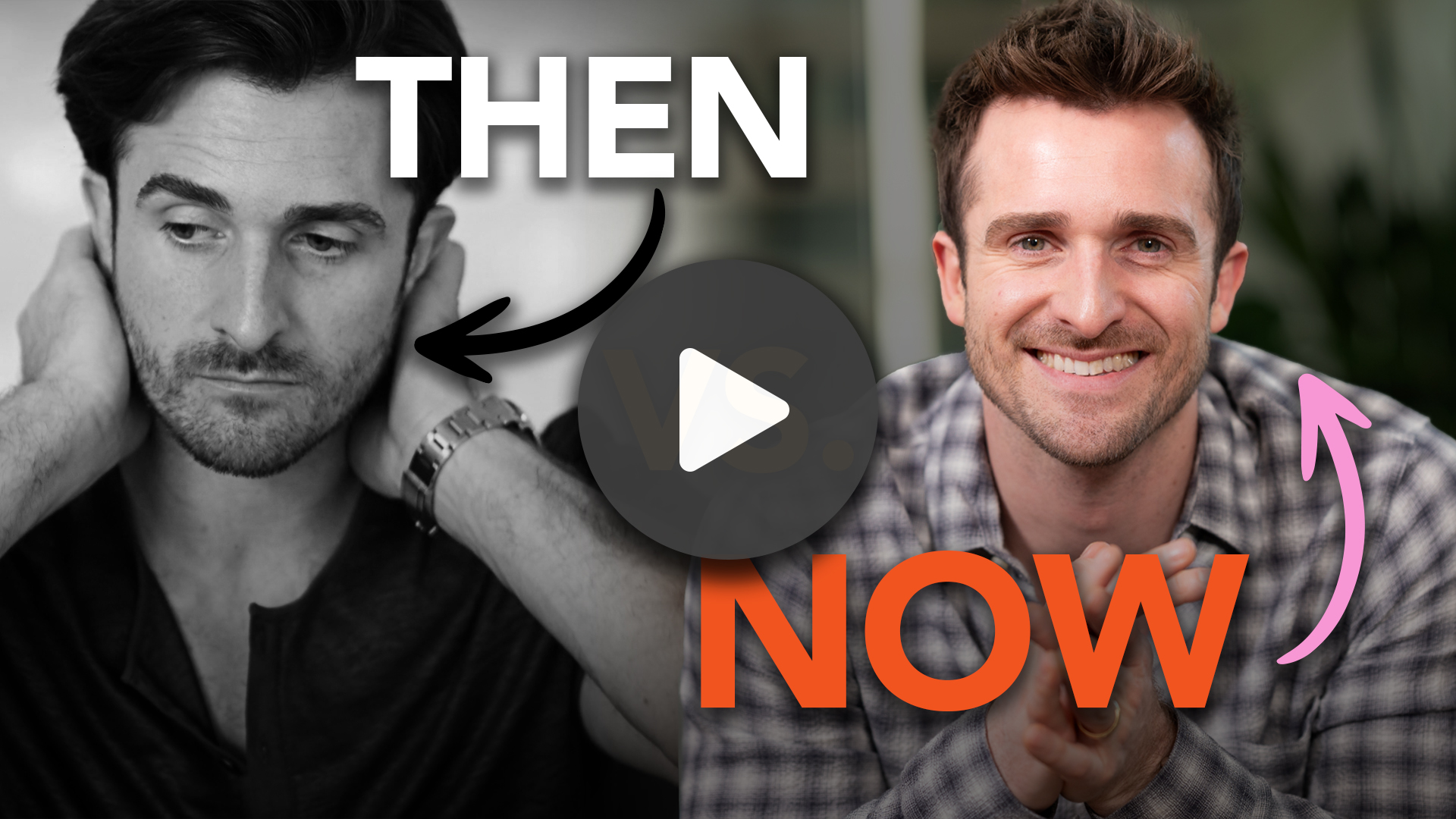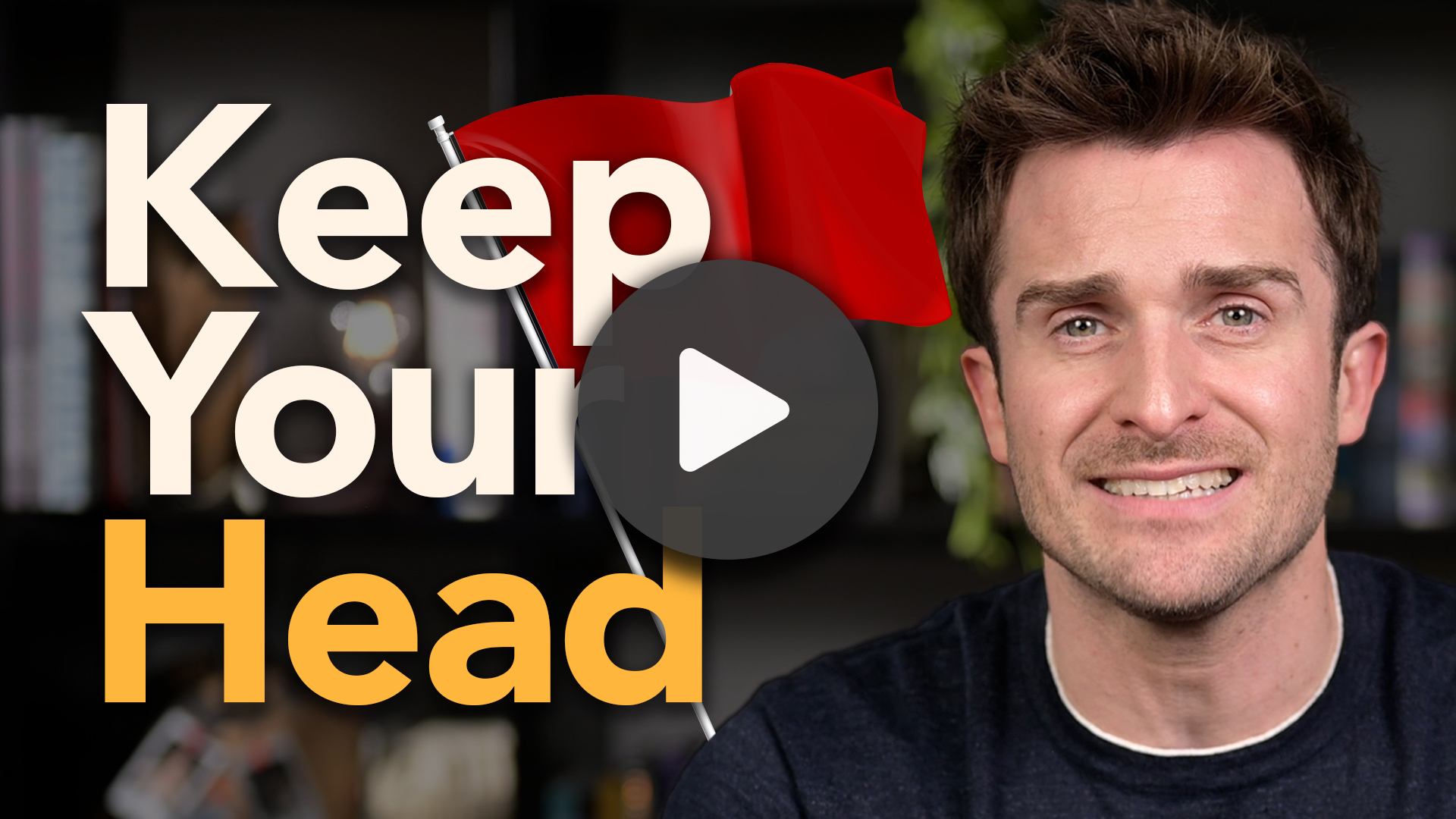Recently I attended one of my best friend’s wedding in the Norwegian countryside.
What was particularly exciting about this day (apart from him marrying the woman of his dreams of course) was that I was asked to be perform the role of ‘Toastmaster’ at the wedding meal.
This meant giving a short introduction to all the speakers at the dinner, including the Maid of Honour, the Bride’s parents, the Best Man, and several other family and guests.
And this also meant I would be speaking in public.

I’ve made it a sort of rule of life now that I always say yes to opportunities to speak in just about any capacity.
Public speaking is one of those life-skills like cooking, changing a tire, or fixing a sink (none of which I do very well, incidentally); one of those talents you can always afford to be better at, and you never know when you’ll be called upon to take the stage. It pays to practice whenever possible.
To be honest though, I’ve always had a mixed relationship with public speaking. I’ve never been bad at it, but never felt great either.
At school when I was about 11 I won a public speaking competition. That may make you inclined to think I’m a natural, but in truth, I remember rehearsing my talk for that competition over 100 times, while my Dad coached me through every nuance, every gesture, every single word of that damn speech until I could recite it in my sleep.
What I learnt from this was the value of practice. Practice is everything when it comes to speaking naturally.
“It usually takes more than three weeks to prepare a good impromptu speech” – Mark Twain
As I got older, my public speaking skills got rusty as I didn’t use them much.
Suddenly, even a casual few words in front of a crowd felt much harder. I lost my breath a lot and would sound nervous (which made me stumble even more). I felt my voice always being too quiet and my hands shaking as I clung to whatever notes I was holding at the time.
Except for some reason, no matter much I would stumble, I was absolutely convinced that I was capable of being a great speaker. Perhaps it was winning that competition all those years ago which gave me a reference point, something I could use to tell my brain “See, we can do this! We’ve killed it before, so we must be good”.
But I also knew that I didn’t feel confident whenever I would rise to talk. The attention of every person in the room threw me and I would get nervous.
Here’s what I identified as my flaws:
- Sudden nerves and shortness of breath – Being too stiff and formal rather than engaging with the audience.
- Monotone voice – having a boring speech pattern. No variation in tone.
- Rushing – Trying too hard to get the words out at speed, instead of focusing on the rhythm and pace.
So as I mentioned earlier, I knew I had to start saying “yes” to every opportunity to speak.
I would speak at philosophy conferences throughout my PhD studies. I would speak at dinners at Oxford. I would speak in meetings, at family gatherings, or even just tell stories in front of a crowd of friends to see if I could hold their attention.
And finally, I eagerly accepted when offered to speak at the wedding in Norway.
After a glass or two of wine, the glasses were clinked to indicate the beginning of speeches and we were underway. I had some notes, I paused, surveyed the room, took a deep breath, and began.
My opening joke (at the groom’s expense) hit perfectly. Except, something was different this time.
Usually when making a joke I would immediately move through to the next line of my speech, rushing through it as usual, barely looking up to acknowledge the audience.
This time, I just paused.
I let the moment stay in the air. It was a trick I learnt from comedians. When you make a funny, you just “stay in the bit”. You wait an extra few seconds, give the joke a moment to linger. Many jokes fall flat simply because people zip through them and never give the audience a chance to laugh.
The moment was revelatory, some sign that I had evolved after all this time public speaking. I immediately dropped my shoulders, and moved through the speeches totally at ease, feeling like the conductor of events for the evening, introducing each new speaker with every more assurance and confidence.
5 Tricks for Talking Like A Pro
Here are some of the lessons that helped:
- Prepare! If you don’t write anything down on paper, you deserve to fail. Period. Impromptu speeches are mostly for the movies and the odd freakishly talented raconteur. Even the great comedians and speakers spend months preparing and learning what they are going to say. That’s the basic first step. Write it down, say it out loud. Say it again, and again, and again.
- The rule of three. For nearly any talk, you can keep yourself on track by remembering three basic points you want to convey. For my wedding speech, I knew one joke, one heartfelt compliment, and one interesting fact about each person I wanted to say in their introduction. When I’ve given academic talks, I’ll find three basic arguments I want to convey.
Stick to three points in your head, and you’ll have an anchor that keeps the whole talk tethered.
- Say what you feel. This one sounds corny, but it’s so much easier to speak when you feel emotionally connected to your talk. When I introduced the groom at the wedding I remember just allowing myself to say exactly how I felt about this person I had been friends with for over ten years, and this made it much more authentic, instead of sounding like a bunch of rehearsed compliments. People even told me they cried.
Write and speak with emotion.
Even in more formal talks, the more you inject your own unique opinion and perspective, and add emotion, the more you’ll get others moved and excited.
A lecture on the ethics of Spinoza can be moving if you speak with enough zeal and love for your subject. Watch any great TED talk. You’ll find particle physicists who will make you gasp with awe, and psychologists who will make you cry. It’s the speaker who brings the emotion, not the subject.
- Pause. Public speaking is just about the one area of life where we have more time than we think. Bad speakers sound like they are racing to the finish. A good speaker puts the audience at ease by seeming in complete control of the rhythm and pace of their talk. Part of this is just more practice. If you have a timed speech, factor in room for pauses and keep saying it slower until you sound as conversational as possible. I remember I always used to rush through stories to get to the end, instead of allowing the pauses that build natural tension, or making a dramatic stop at a funny or exciting moment.
- Be louder than is polite No-one ever complains speeches are too loud. However loud you think you’re speaking, you can probably afford to be louder (and people will be glad of it).
There’s plenty more I could write (or speak) about on this topic, but that should give you enough to at least get through your next dinner toast.
Today’s question: What’s the best speaking tip you’ve ever been given? Let me know in the comments below!
Photo (GettyImages)
* * * * * * * * * * * *
Stephen Hussey helped co-write the Get The Guy book and is a wealth of knowledge on dating and relationships.
To Follow Steve On Twitter For More Updates Click Here













Tip that I received for creating PowerPoint presentations which you will use to present to audience : create a story !!
This was during my MBA days when one of my friends asked me “where is d story? It’s much easier to remember d story rather than d drab points that you will present”
Did this in a presentation on money laundering n ppl remembered d story. Even d professor was impressed :)
Thank you so very much for this vital information. Intensely important. THANK YOU!!!
Completely off subject I know, but I just love the way we evolve and grow with you. Your blog articles never stay the same, as they ebb and flow with your life. It’s nice as our lives are changing and flowing, we’re all going along and your advice and comments are great. Feels somewhat personal although it’s actually virtual. You make it real.
I had a moment of negativity recently bemoaning the shortage of decent men to my mum. She said, well Matthew Hussey says its not true, you’re not to say that. I have so many books I couldn’t move with them all and so she has taken a lot to store. Made me laugh the only one she’s choosing to read is Get The Guy! Laters x
Before you go on, try to conjure up some laughter to release nervous energy.. Also stay hydrated prior and during the talk. Dry mouth happens much easier when your nerves are dancing ;)
‘See yourself in the audience, and speak always with love to the people you are speaking to’.
great advice from Neale Donald Walsch.
Great article Stephen
-Breathe
-Sit/stand up tall, posture is important for many things including projection (good for the diaphragm)
– smile
-if possible being able to move will help the energy to flow through you.
-Dont write things words for words,do the pre-work but leave space for inspiration, if not it will sound stilted (unless your a great actor.
-Always keep water to hand, if you freeze up, take a sip of water to give you time to get back into the groove.
And again, remember to breathe
Great, practical advice. Sounds like you’ve been watching Matt’s Impact series, Stephen ;)